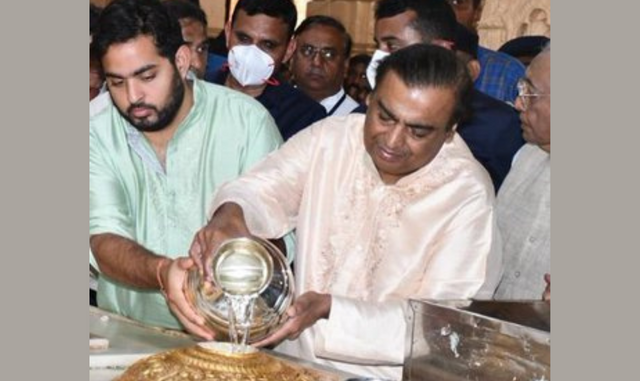Maha Shivratri, a festival dedicated to Lord Shiva also known as Mahadeva, is celebrated with immense devotion and enthusiasm by devotees across the world. He is considered the Supreme God within Shaivism, one of the major traditions within Hinduism, and is worshipped as the destroyer of evil and the transformer of the universe. Shiva is also known as the god of meditation, yoga, and arts.
On this day, many people observe a fast, which is not only a path to spiritual purification but also a means to keep our body and mind healthy. However, choosing the right diet during fasting is essential so that our body stays healthy and we can keep our fast filled with spiritual energy. Whether you are fasting for the first time or fasting every year, this method will help you keep your fast healthy and balanced.
A healthy way to observe fast:
Instead of fasting rigourously, it is better to eat small meals throughout the day which helps to provide essential nourishment to our body. This could be three times a day, or if you are only fasting twice a day, don’t forget to drink juice, buttermilk, or other beverages in between. Additionally, nuts like cashews, almonds, or walnuts are also good snacking options that you can eat anytime during the day. These small things help keep your body healthy and active during fasting.
Know what you can eat:
- Fruits: During fasting, you can eat different types of fruits, as they provide essential vitamins and minerals.
- Sago: Sago khichdi or vada is a good option for fasting as it is full of energy.
- Water chestnut flour: You can eat roti or paratha made from water chestnut flour, which is nutritious.
- Foxnuts: Foxnut kheer or roasted foxnuts are a healthy snack option.
- Milk and dairy products: Dairy products like milk, yoghurt, and paneer can also be eaten during fasting.
- Dry fruits: During fasting, you should definitely eat dry fruits, but in limited quantities.
Know what not to eat:
- Avoid fried foods: Eating fried foods increases calories, which are not desirable during fasting.
- Potatoes: Avoid excessive consumption of potatoes and buckwheat flour.
- Caffeine: Limit the consumption of caffeinated beverages like tea and coffee.
- Processed foods: Stay away from packaged and processed foods as they contain preservatives and other unhealthy ingredients.


















